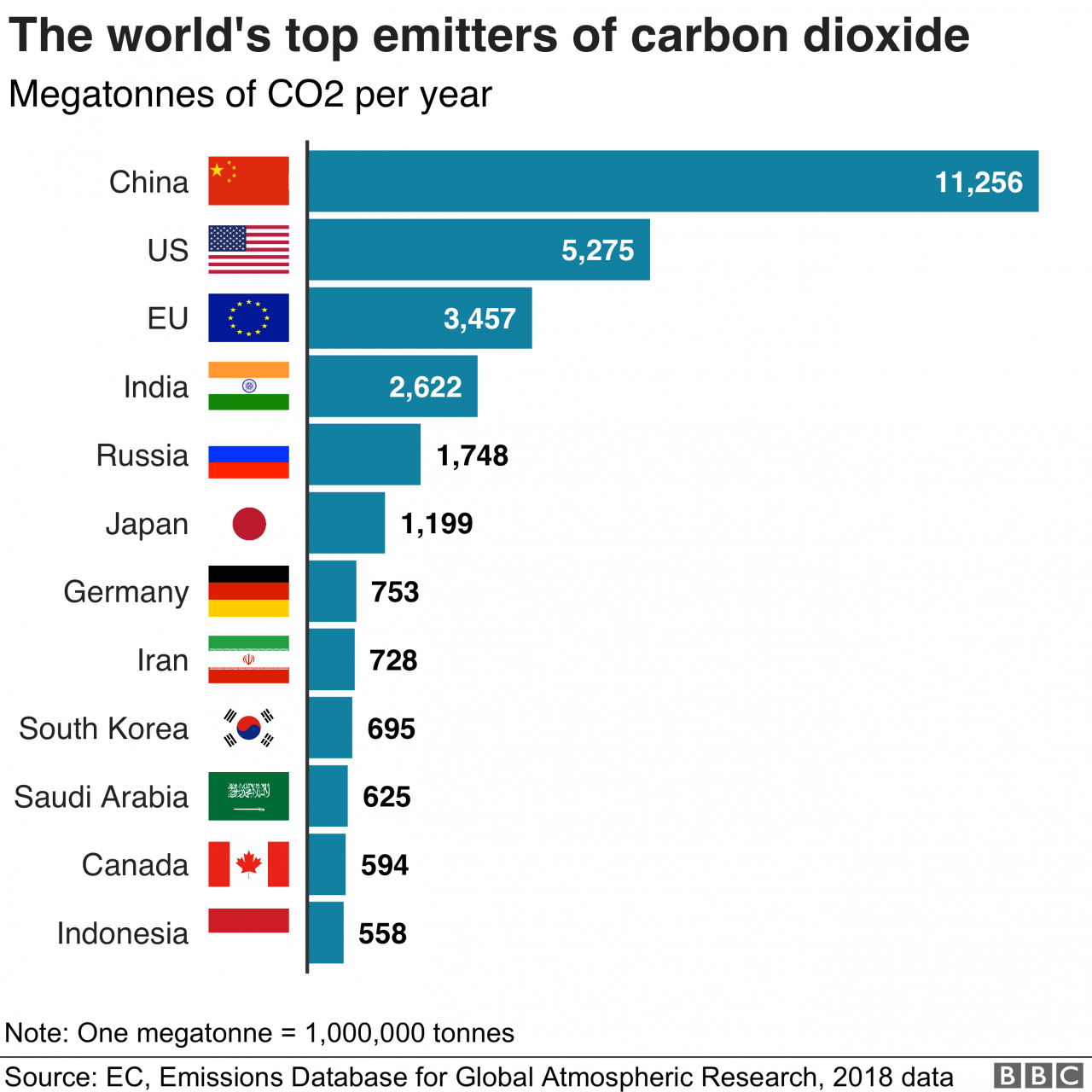
In the face of escalating climate change concerns, “Climate Change Progress 2024” emerges as a comprehensive analysis of global initiatives, technological advancements, and socio-economic implications shaping the fight against this pressing issue.
This report delves into the progress made in implementing the Paris Agreement, highlighting the role of international organizations and collaborations in addressing climate change. It also examines national and regional climate action plans, providing a snapshot of global efforts to mitigate and adapt to climate change.
Global Initiatives and Commitments
Significant progress has been made in implementing the Paris Agreement, with over 190 countries submitting their Nationally Determined Contributions (NDCs) outlining their commitments to reduce greenhouse gas emissions. International organizations, such as the United Nations Framework Convention on Climate Change (UNFCCC), have played a crucial role in facilitating negotiations and monitoring progress.
National and Regional Climate Action Plans
- The European Union has adopted an ambitious Green Deal, aiming to become climate-neutral by 2050.
- China has pledged to peak its emissions by 2030 and achieve carbon neutrality by 2060.
- The United States has rejoined the Paris Agreement and set a target of reducing emissions by 50-52% below 2005 levels by 2030.
Technological Advancements
Renewable Energy Sources
The adoption of renewable energy sources, such as solar and wind power, has accelerated globally. Solar energy has become increasingly cost-competitive, with significant investments in solar photovoltaic (PV) systems.
Energy Efficiency and Carbon Capture Technologies
- Advancements in energy efficiency measures have led to reduced energy consumption in buildings, transportation, and industry.
- Carbon capture and storage (CCS) technologies have the potential to significantly reduce emissions from fossil fuel-based industries.
Emerging Climate Mitigation Technologies
Research and development are ongoing for emerging technologies, such as direct air capture and hydrogen fuel cells, which offer promising solutions for deep decarbonization.
Economic and Social Impacts: Climate Change Progress 2024
Economic Costs and Benefits
- Climate change mitigation and adaptation measures can generate economic benefits through job creation and innovation.
- However, the transition to a low-carbon economy may also lead to job losses in certain sectors.
Social and Equity Implications
Climate change impacts disproportionately affect vulnerable populations, such as low-income communities and indigenous peoples. Equitable policies are crucial to address social justice concerns.
Successful Transitions to Low-Carbon Economies, Climate change progress 2024
- Costa Rica has successfully transitioned to a low-carbon economy through a combination of renewable energy, forest conservation, and sustainable tourism.
- Denmark has achieved significant progress in wind energy development, reducing its reliance on fossil fuels.
Climate Science and Research

Scientific Findings on Climate Change Trends and Projections
Scientific evidence continues to confirm the human-induced nature of climate change. Global temperatures have risen by approximately 1.1 degrees Celsius since the pre-industrial era, with increasing frequency and intensity of extreme weather events.
Climate Modeling and Data Analysis
Advanced climate models and data analysis techniques are used to project future climate scenarios and assess the impacts of different mitigation and adaptation strategies.
Continued Research and Innovation
Ongoing research is essential to deepen our understanding of climate change, develop innovative solutions, and inform policy decisions.
Public Engagement and Awareness
Raising Public Awareness
Public awareness about climate change has increased significantly through educational campaigns, media coverage, and social movements.
Role of Education, Media, and Social Movements
- Educational programs and initiatives have played a vital role in informing the public about climate science and its implications.
- Media outlets have highlighted the urgency of climate change and its impacts on various aspects of life.
- Social movements have mobilized public support for climate action and influenced policy decisions.
Challenges and Opportunities
Despite progress, challenges remain in engaging diverse audiences and addressing misinformation about climate change.
Adaptation and Resilience
Global Efforts to Adapt to Climate Change Impacts
Countries and communities worldwide are developing and implementing adaptation strategies to mitigate the impacts of climate change, such as rising sea levels, extreme weather events, and water scarcity.
Adaptation Strategies in Different Regions and Sectors
- Coastal communities are building seawalls and restoring wetlands to protect against flooding.
- Farmers are adopting drought-resistant crops and water conservation techniques.
- Cities are investing in green infrastructure, such as parks and green roofs, to reduce heat island effects.
Effectiveness of Adaptation Measures
The effectiveness of adaptation measures varies depending on the context and resources available. Monitoring and evaluation are crucial to identify areas for improvement.
Climate Finance
Sources and Mechanisms for Climate Finance
Climate finance is essential for supporting mitigation and adaptation efforts in developing countries. Sources include public funds, private investments, and multilateral development banks.
Challenges and Opportunities
- Mobilizing sufficient financial resources remains a challenge.
- Innovative financing mechanisms, such as green bonds and carbon markets, are emerging.
Examples of Innovative Climate Finance Initiatives
- The Green Climate Fund provides financial support for developing countries to implement climate change projects.
- The World Bank’s Climate Investment Funds support low-carbon development and climate resilience.
Conclusive Thoughts
As the world navigates the complexities of climate change, “Climate Change Progress 2024” serves as a valuable resource, offering insights into the challenges and opportunities that lie ahead. By fostering collaboration, innovation, and public engagement, we can collectively strive towards a more sustainable and resilient future.
FAQ Insights
What are the key findings of the “Climate Change Progress 2024” report?
The report highlights progress in implementing the Paris Agreement, advancements in renewable energy and energy efficiency, and the growing recognition of the economic and social impacts of climate change.
How can individuals contribute to climate change mitigation?
Reducing carbon footprint through energy conservation, adopting sustainable transportation options, and supporting renewable energy initiatives are effective ways for individuals to contribute.
What role does international collaboration play in addressing climate change?
International organizations and collaborations facilitate knowledge sharing, coordinate global efforts, and provide financial and technical support to countries implementing climate action plans.





